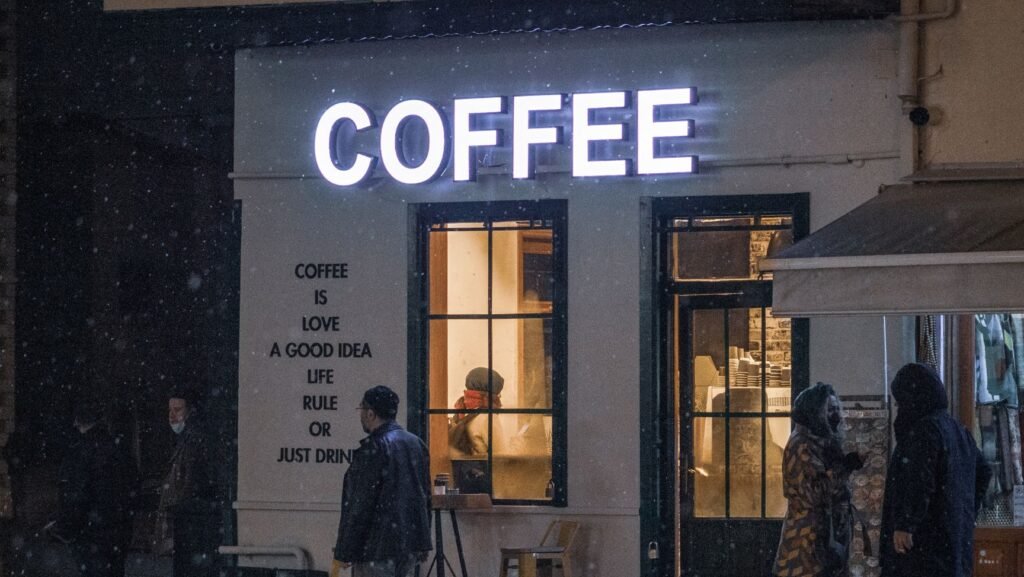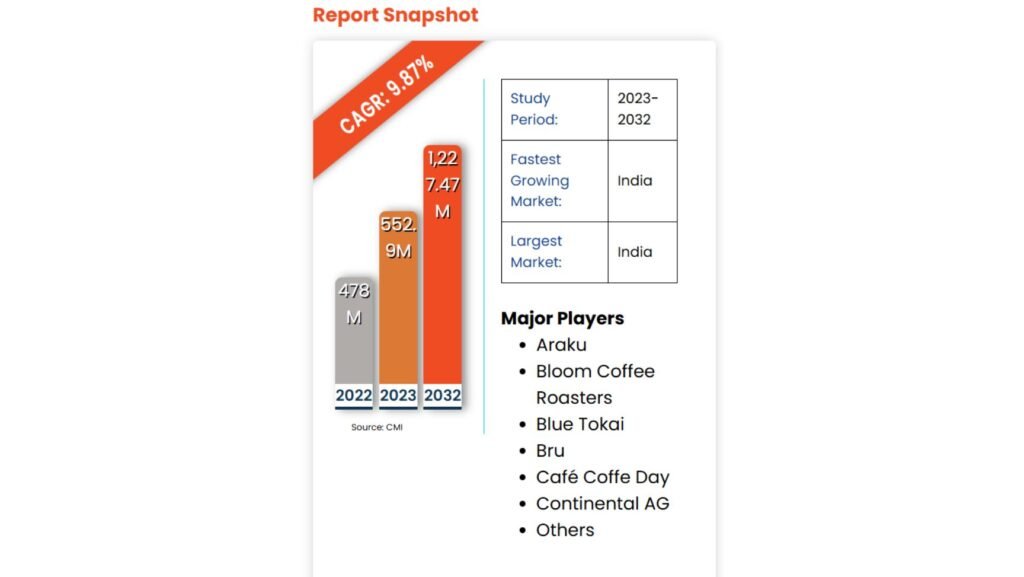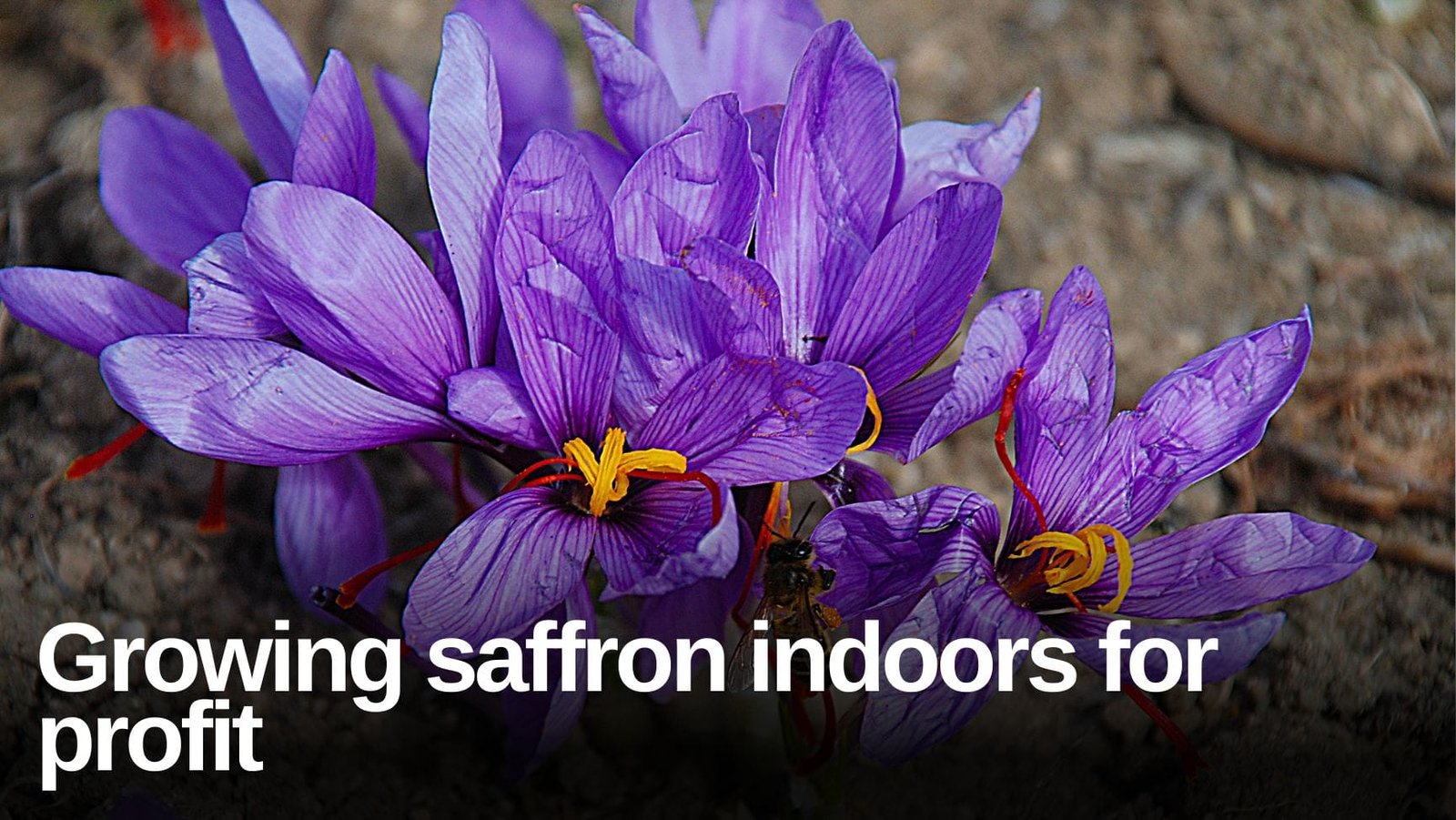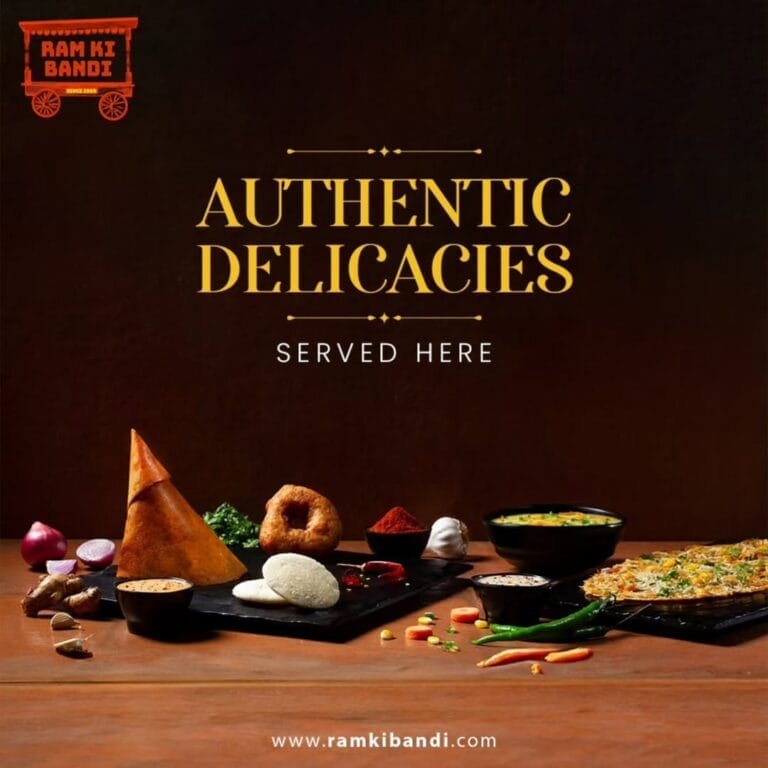The Rise of Coffee Culture in India: Embracing Modernity and Health
Introduction to India’s Evolving Beverage Preferences
India has long been renowned for its vibrant and diverse beverage culture, with traditional drinks like chai taking center stage in daily life. For centuries, chai, a spiced tea often enjoyed with milk and sugar, has not only been a beverage of choice but has also played a significant role in social interactions and cultural rituals across the country. Its familiarity and widespread availability make it an integral part of everyday routines, from bustling urban cafes to rural households.
However, the past few decades have observed a gradual transformation in India’s beverage landscape, particularly with the rising popularity of coffee. Factors such as globalization, urbanization, and a growing exposure to international culinary trends have contributed to this shift. Events such as the emergence of modern coffee chains and specialized coffee shops have encouraged a new generation to explore the rich and complex flavors of coffee. This evolving palate reflects a broader change in consumer preferences, where health consciousness and a desire for sensory experiences are increasingly influencing beverage choices.
The rise of specialty coffee, presenting a variety of brewing methods and single-origin beans, caters to a younger demographic that seeks quality over quantity. This shift is not merely about adopting a new drink but symbolizes a cultural evolution that intertwines with modern lifestyles. The contemporary coffee culture is not just about enjoying a cup of coffee; it represents an aspiration for a more sophisticated, global experience. As more Indians embrace the nuances of coffee, the concept of starting a new coffee shop, especially those focusing on vegetarian options, has gained traction, further diversifying the beverage market and catering to health-conscious consumers.

Health Consciousness and the Shift to Coffee
The evolving health consciousness among Indians is significantly influencing beverage choices, especially in the context of starting a new coffee shop. Traditionally, tea held a dominant position in Indian culture; however, an increasing number of consumers are now recognizing the health benefits associated with coffee. This shift is primarily fueled by the younger demographic, who are openly embracing coffee as a vibrant alternative to traditional tea.
Studies highlight that coffee can offer a myriad of health benefits, which have contributed to its rising popularity. For instance, coffee is rich in antioxidants, which are essential for combating free radicals in the body. This abundance of antioxidants can help reduce the risk of certain chronic diseases. Furthermore, moderate coffee consumption has been linked to improved cognitive function, increased metabolism, and reduced risk of certain types of cancers. With health awareness on the rise, many individuals are actively seeking out these benefits when considering their beverage choices.
The perception of coffee as a healthier alternative is reshaping lifestyle choices, especially among younger adults. Many cafes and coffee shops now emphasize the health aspects of their offerings, appealing to those who wish to maintain a balanced lifestyle. These establishments often provide a range of coffee variants that cater to health-conscious consumers, such as organic brews and options with lower calories. Moreover, the inclusion of superfood ingredients, like almond milk or matcha, further enhances the nutritional profile of coffee beverages.
As the trend of starting a new coffee shop gains momentum, it becomes evident that the alignment of coffee with health consciousness is reshaping consumer behavior. This shift underscores a broader transformation in how beverages are viewed within Indian society, marking the ascent of coffee as not just a cultural experience, but also a health-conscious choice.
The Role of Coffee Shops in Urban India
The coffee shop culture in urban India has seen a remarkable transformation over the past decade. Major cities such as Mumbai, Bangalore, and Delhi are witnessing a proliferation of coffee shops, which have become pivotal social hubs for young professionals and students alike. This growth can be attributed to several factors, including rapid urbanization and shifting social dynamics. As more people migrate to urban centers for job opportunities, the demand for recreational spaces where individuals can unwind and connect has increased significantly.
One of the primary reasons behind the rise of coffee shops in these urban landscapes is the evolving nature of social interactions among millennials and Generation Z. These demographics prioritize socializing in communal settings that foster creativity and collaboration. Coffee shops serve as attractive alternatives to traditional meeting spots, offering a relaxed ambiance equipped with Wi-Fi and charging stations, catering to the needs of tech-savvy individuals. As a result, many are turning to coffee shops as their third space, an environment separate from home and work, where they can socialize, study, or work remotely.
The increasing appreciation for specialty coffee has also contributed to the popularity of starting new coffee shops in urban areas. Consumers are becoming more discerning about their coffee choices, seeking high-quality beverages that focus on sustainability and health. This trend encourages entrepreneurs to innovate within the sector, ranging from artisanal cafes serving organic variants to franchises that professionally blend tradition with contemporary tastes. As part of this transformation, coffee shops are not merely places to enjoy a cup of coffee; rather, they are becoming cultural landmarks that reflect the modern lifestyle and values of urban dwellers.
In conclusion, the burgeoning coffee shop landscape in urban India signifies a shift in lifestyle, driven by urbanization and a desire for community engagement. These establishments have evolved into vital social spaces that shape the way people interact, work, and indulge in their coffee ritual.

Nikhil Kamath’s Influence and the Entrepreneurial Wave
Nikhil Kamath, co-founder of Zerodha, has become a notable figure in India’s entrepreneurial landscape, known for his innovative insights and unconventional business strategies. Recently, his remarks on the burgeoning coffee culture in India and its commercial prospects have generated significant interest among aspiring entrepreneurs. His enthusiasm for coffee as more than just a beverage suggests that starting a new coffee shop is not merely a trend but a legitimate business opportunity ripe for exploration.
Kamath’s comments highlight the increasing recognition of coffee as an integral part of India’s lifestyle, particularly among the younger demographics. With a shift towards premium quality and artisanal brews, the market for coffee has transformed dramatically. Kamath points out that the café experience is evolving beyond just serving a drink; it has become a social hub and a cultural phenomenon embraced by many. This realization has inspired numerous entrepreneurs to consider entering the coffee industry, viewing it as a viable path for business development.
The subsequent wave of entrepreneurship within the coffee sector has resulted in a plethora of dynamic coffee shops emerging across the nation. Many of these new establishments are focusing on innovative concepts, such as sustainable sourcing, specialty brews, and unique ambiance, resonating with the modern consumer’s aspirations for quality and experience over mere convenience. This shift confirms that starting a new coffee shop can tap into a lucrative market while also contributing to the evolving coffee culture in India.
As more aspiring business owners take cues from Kamath’s advocacy for the coffee industry, the entrepreneurial spirit is fuelling a renaissance within the sector. This upward trajectory signals not just a change in consumer preferences, but also marks the beginning of a new era for coffee businesses in India, making the prospect of starting a new coffee shop increasingly appealing.
Emerging Coffee Startups Paving the Way
In recent years, the Indian coffee landscape has witnessed a surge of innovation, propelled by emerging coffee startups that are redefining the way consumers engage with this beloved beverage. These enterprises are not merely making coffee; they are crafting unique experiences that cater to the evolving tastes and preferences of Indian consumers. Startups like Blue Tokai Coffee Roasters and Third Wave Coffee Roasters have become household names, with their focus on quality sourcing and artisanal brewing methods setting them apart from traditional cafes.
Blue Tokai, for instance, has established a remarkable business model centered around direct sourcing from Indian coffee farmers. This not only ensures freshness but also supports local producers. Their offerings range from single-origin coffees to intricate brewing equipment, allowing customers to experiment with various brewing techniques at home. The brand’s commitment to transparency, sustainability, and education cultivates a community of informed coffee lovers who appreciate the intricacies of coffee production.
Third Wave Coffee Roasters is another notable player, emphasizing the importance of specialty coffee through meticulously crafted drinks. They approach coffee as an artisanal product, featuring exclusive blends and premium beans sourced from specific regions. Their cafes have become trendy spots for social interaction, combining an aesthetic ambiance with a robust coffee menu. They also introduce seasonal drinks that cater to contemporary Indian palettes, integrating local flavors that resonate with their clientele.
Moreover, cafes like The Coffee Bond and Filter Coffee Co. highlight the shift towards modern coffee solutions, offering conducive workspaces paired with exceptional coffee blends. These emerging coffee startups are capturing the market share by embracing technology through apps that facilitate easy ordering and delivery, thus appealing to the growing demand for convenience among consumers. As more entrepreneurs venture into starting new coffee shops, the Indian coffee culture continues to evolve, promising exciting developments in the years to come.
Cultural Acceptance and Preferences in Coffee Consumption
The acceptance of coffee as a staple beverage in India has witnessed significant growth, reflecting broader changes in lifestyle and consumer preferences. Traditionally, tea has been the dominant beverage, but the burgeoning coffee culture is gradually altering this landscape. As more individuals embrace global influences and seek new experiences, many are turning to coffee as a versatile alternative. This shift is evident in urban settings, where coffee shops have proliferated, offering a range of brews tailored to local tastes.
Regional diversity plays a crucial role in coffee consumption preferences. Southern states, for instance, have a long-standing affinity for filter coffee, which is often enjoyed with milk and sugar, while urban areas in the north are increasingly favoring espresso-based drinks and cold brews. To successfully launch a new coffee shop in a given area, it is imperative to understand these regional variations and adapt offerings accordingly. Additionally, demographic factors such as age, income, and lifestyle aspirations further influence coffee preferences. Millennial and Gen Z consumers, who prioritize quality and unique experiences, are particularly influential in shaping trends in coffee consumption.
Marketing strategies are adapting to bridge the cultural gap between traditional practices and modern coffee consumption habits. Many brands are now focusing on promoting coffee that resonates with Indian customs, integrating local flavors and ingredients to create signature drinks that appeal to the palate of the Indian consumer. For example, adding spices like cardamom and flavors like jaggery have successfully attracted customers who seek a familiar yet contemporary coffee experience. By combining modernity with tradition, the coffee industry can foster a deeper cultural acceptance, establishing a strong foothold across various demographics.
Challenges Facing the Coffee Industry in India
The coffee industry in India is experiencing a surge in popularity, but it also encounters several challenges that hinder its growth. One significant obstacle is the competition from established tea brands. In a country where tea has long reigned supreme, convincing consumers to shift their preferences to coffee can be daunting. Many Indian households, accustomed to their daily cup of tea, may view coffee as a foreign addition rather than a cultural staple. As a result, coffee establishments must develop sophisticated marketing strategies to stimulate interest and convert traditional tea drinkers into coffee enthusiasts.
Another considerable challenge is the sourcing of quality coffee beans. India primarily cultivates Arabica and Robusta coffee, yet factors such as climate change, inconsistent rainfall, and rising temperatures can affect production levels and quality. New coffee shops often grapple with the challenge of securing high-quality beans at competitive prices. Sourcing from local growers contributes positively to the community but may involve navigating through a complex supply chain that can affect the cost and reliability of supply.
Pricing strategies also play a crucial role in shaping the coffee market. Established players in both the coffee and tea industries have a set price point that reflects consumer expectations. For new entrants starting a coffee shop, determining the right pricing strategy is vital. This involves balancing profitability with affordability to appeal to a diverse customer base while ensuring the quality of the coffee served. Lastly, navigating India’s intricate regulatory environments can be daunting for new coffee enterprises, requiring them to adhere to food safety guidelines, licensing requirements, and local legislation specific to the food and beverage sector.
Addressing these challenges requires strategic planning, resource management, and innovative marketing approaches to solidify coffee’s presence in India and foster its burgeoning culture.
Future Trends in Coffee Consumption in India
The coffee consumption landscape in India is undergoing a significant transformation driven by emerging trends, shifting consumer behaviors, and advancements in technology. As more individuals begin to appreciate high-quality coffee, the market for specialty brews is expanding. Guage of this growth can be seen in the rising number of artisanal and independent coffee shops that are discerningly sourcing their beans and emphasizing the quality of their offerings, appealing to a more informed consumer base. Starting new coffee shops with a focus on craft and origin will be pivotal in catering to this increasing demand for premium coffee experiences.
Tips to Keep Your Home Cool During Very Hot Summer Days
Furthermore, health consciousness among Indian consumers is shaping coffee consumption patterns. With a movement towards healthier lifestyles, the integration of functional ingredients like adaptogens and superfoods into coffee products is anticipated to become more prevalent. Consumers are not just seeking caffeine but are also looking for beverages that offer health benefits, which may encourage existing coffee shops to innovate and diversify their offerings. Consequently, when starting new coffee shops, proprietors may find greater success by introducing blends or drinks that incorporate these health-focused trends.
Technological advancement is another critical factor influencing the future of coffee consumption in India. The rise of e-commerce has transformed how consumers access coffee, making it easier to procure premium blends directly from roasters. Online platforms will likely play a vital role in reaching a broader customer base, making starting new coffee shops in niche markets more feasible. Additionally, advancements in brewing methods and equipment are encouraging consumers to experiment with home brewing, potentially influencing their preferences for coffee quality and preparation methods.
In conclusion, the future of coffee consumption in India is set to be characterized by a blend of quality, health consciousness, and technological innovation. Coffee shop entrepreneurs who adapt to these trends will be better positioned to thrive in this evolving market.
Conclusion: Coffee’s Place in Modern Indian Culture
As we navigate through the evolving landscape of modern Indian society, the significance of coffee emerges as a multifaceted phenomenon that extends beyond mere beverage consumption. The rise of coffee culture in India reflects a broader transformation in lifestyle choices and social interactions among its citizens. Starting a new coffee shop now encompasses an understanding of not just coffee as a drink, but as a pivotal element in cultivating personal and communal experiences. In this context, coffee establishments have become not just places to enjoy a caffeine fix, but vibrant spaces for social engagement, creativity, and relaxation.
The journey of coffee in India signifies a remarkable shift, from traditional tea-drinking practices to an increasing appreciation for diverse coffee varieties and brewing methods. This cultural shift is indicative of changing consumer preferences, with coffee becoming a symbol of modernity, globalization, and health consciousness. In fact, as more individuals embrace healthier lifestyles, the demand for specialty coffees that offer unique flavors and health benefits has surged. Coffee shops now serve as pivotal hubs where people gather to socialize, work, and share ideas, thereby strengthening community ties.









